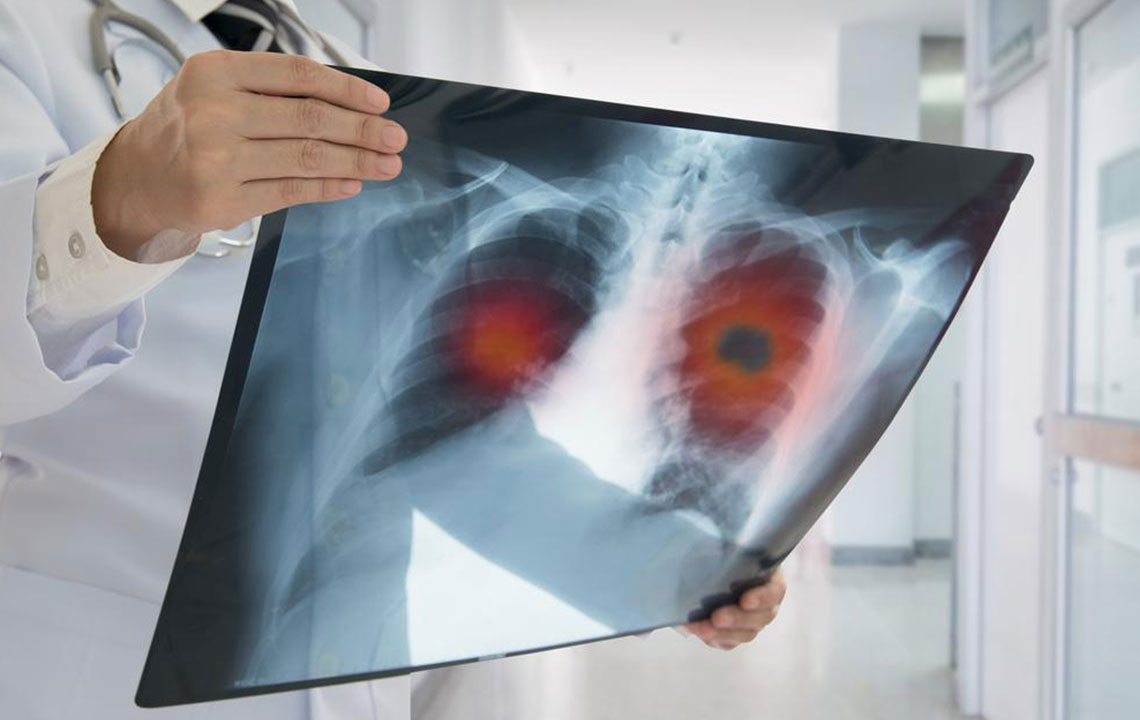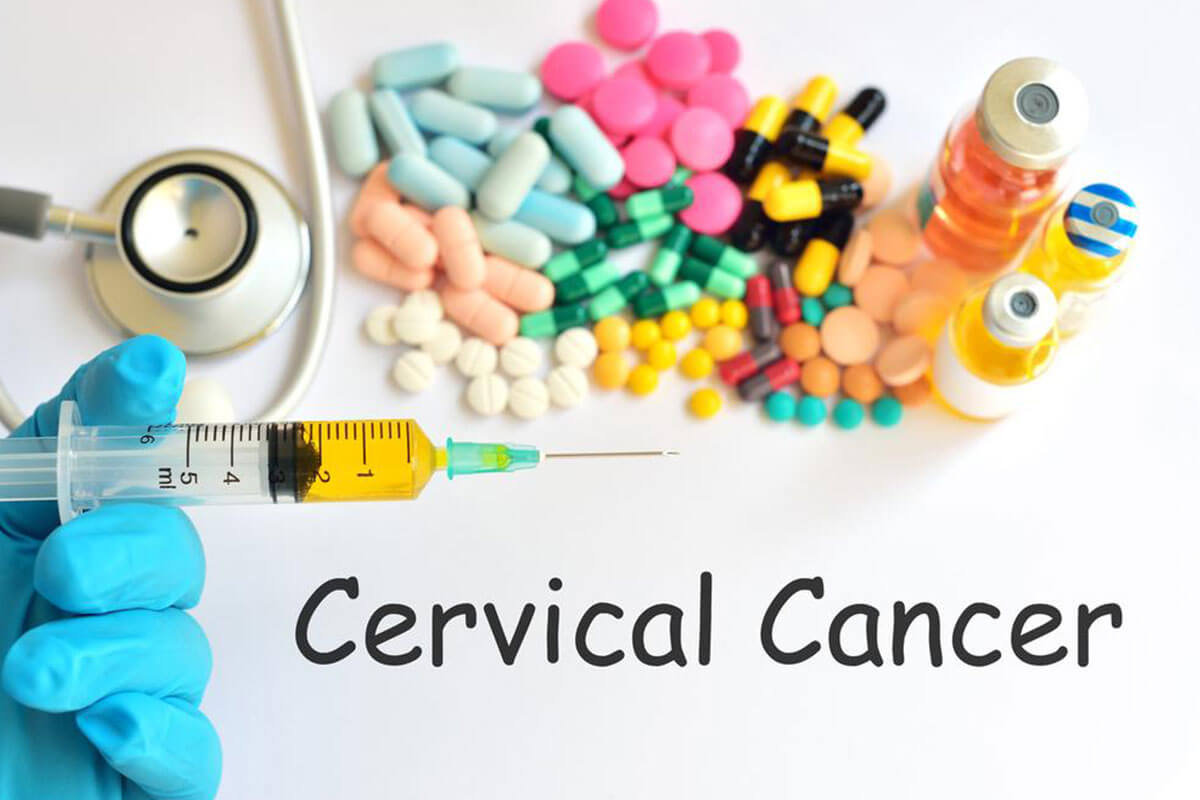
Big C
Symptoms and Treatments for Non-Small Cell Lung Cancer
Lung cancer begins when the lung cells grow to be abnormal and multiply uncontrollably. As there is a rapid growth of the cancerous cells in the body, tumors form and start spreading to other areas of the body. There are different types of lung cancer such as Adenocarcinoma, Squamous cell carcinoma, large cell carcinoma, and other subtypes such as sarcomatoid carcinoma and adenosquamous carcinoma. This non-small cell lung cancer is less common as compared to the other types. Adenocarcinoma Majority of lung cancer cases are of adenocarcinomas. They can occur in many parts of the body. These cancers occur in current or former smokers mainly, however, they are found in non-smokers as well. This cancer affects women more than men, and among other cancers, this cancer affects younger people more. Squamous cell carcinoma Of all the lung cancers, the occurrence of squamous cell carcinoma is 20% to 30% in people. This cancerous cells start affecting the flat cells and lie inside the lung airways. This cancer is linked to the history of smoking and is mostly found in central part of the lungs. Large cell carcinoma This cancer covers 10% to 15% of all lung cancers. This cancer can occur in any part of the lung.










